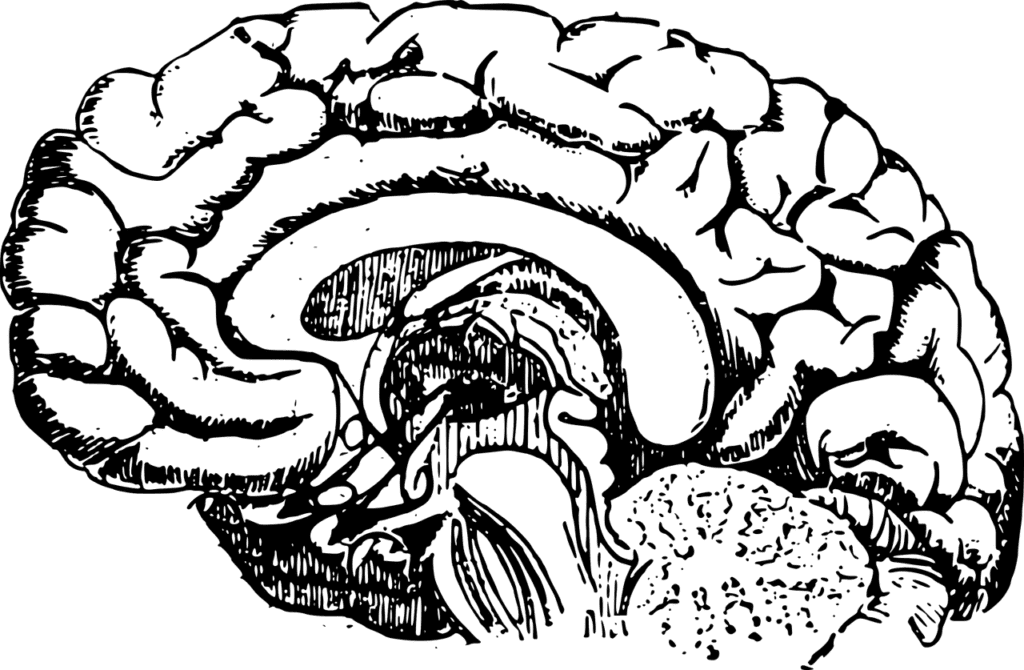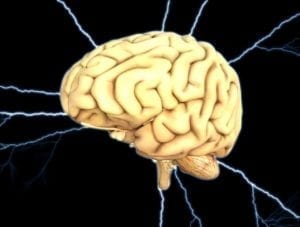Currently, no approved treatment options exist for children with pediatric low-grade glioma, the most common brain tumor found in children. However, shares Day One Biopharmaceuticals (“Day One”) in a news release, the company is working to develop a targeted therapeutic option to fill this unmet need: tovorafenib. Day One is evaluating tovorafenib within the Phase 2 FIREFLY-1 clinical trial. Now, the company has announced that initial data from the first 22 participants is available.
Patients enrolled in the trial span in age from 6 months old to 25 years old. All patients have either progressive pediatric low-grade glioma, or have relapsed. The initial findings highlight that there have been 14 partial responses to treatment, and six participants have achieved disease stability. In addition, those six patients have also had their tumors reduce in size. It took a median of 2.8 months for patients to respond to treatment. Tovorafenib was also found to be relatively safe and well-tolerated. Side effects include hair color changes and rashes. Because many patients within this trial had already received multiple other therapeutic options, researchers believe that tovorafenib could help overcome drug resistance or treatment-averse glioma.
Moving forward, Day One is planning to continue evaluating tovorafenib for pediatric low-grade glioma. Next up, the company will be launching a Phase 3 clinical trial to specifically identify whether tovorafenib could help patients with BRAF mutations. An estimated 400 patients will enroll.
Evaluating Tovorafenib
According to Day One:
Dysregulation of the MAPK pathway has been shown to occur in many cancer types and it is one of the most commonly mutated oncogenic pathways in cancer.
Therefore, tovorafenib works to target an enzyme within this pathway to stop disease progression. Currently, tovorafenib is still considered to be an investigational therapy. It has received both Rare Pediatric Disease and Breakthrough Therapy designations from the FDA for pediatric low-grade glioma. This type II pan-RAF kinase inhibitor is orally administered. So far, in studies, at least 300 patients have received tovorafenib treatment.
About Glioma
A glioma is a tumor which forms in the brain and spinal cord. It is considered to be one of the most common forms of primary brain tumors in adults, as well as the most common form of brain cancer in children. In adults, radiation exposure, a family history of glioma, and being between ages 45-65 increases the risk of developing this cancer. Glioma tumors form from glial cells, which surround and support nerve cell function.
As we discussed in the above article, the study is specifically looking at low-grade gliomas. These are considered to be stages 1 or 2. Low-grade gliomas are typically considered to be highly treatable and curable, although this is not true in all cases. Symptoms vary based on growth rate, tumor size, and location. Potential symptoms can include:
- Nausea and vomiting
- Headache that worsens in the morning
- Urinary incontinence
- Memory loss and/or confusion
- Unintended weight gain or weight loss
- Double or blurred vision, and/or vision loss
- Difficulty walking or balancing
- Premature puberty
- Changes in behavior or personality
- Seizures







